
Problem-Based Learning
Where Challenges Spark Discovery
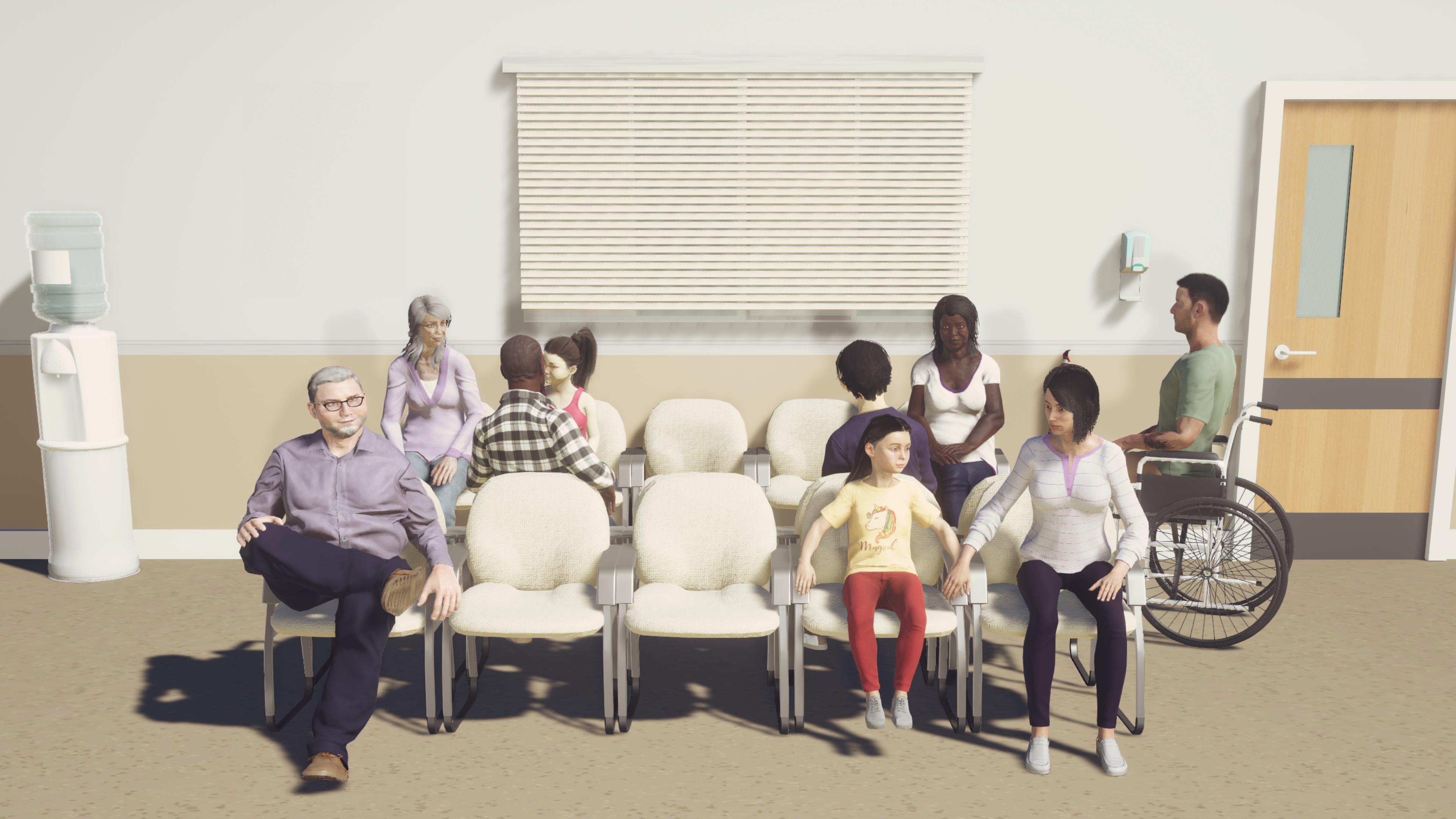

.png)
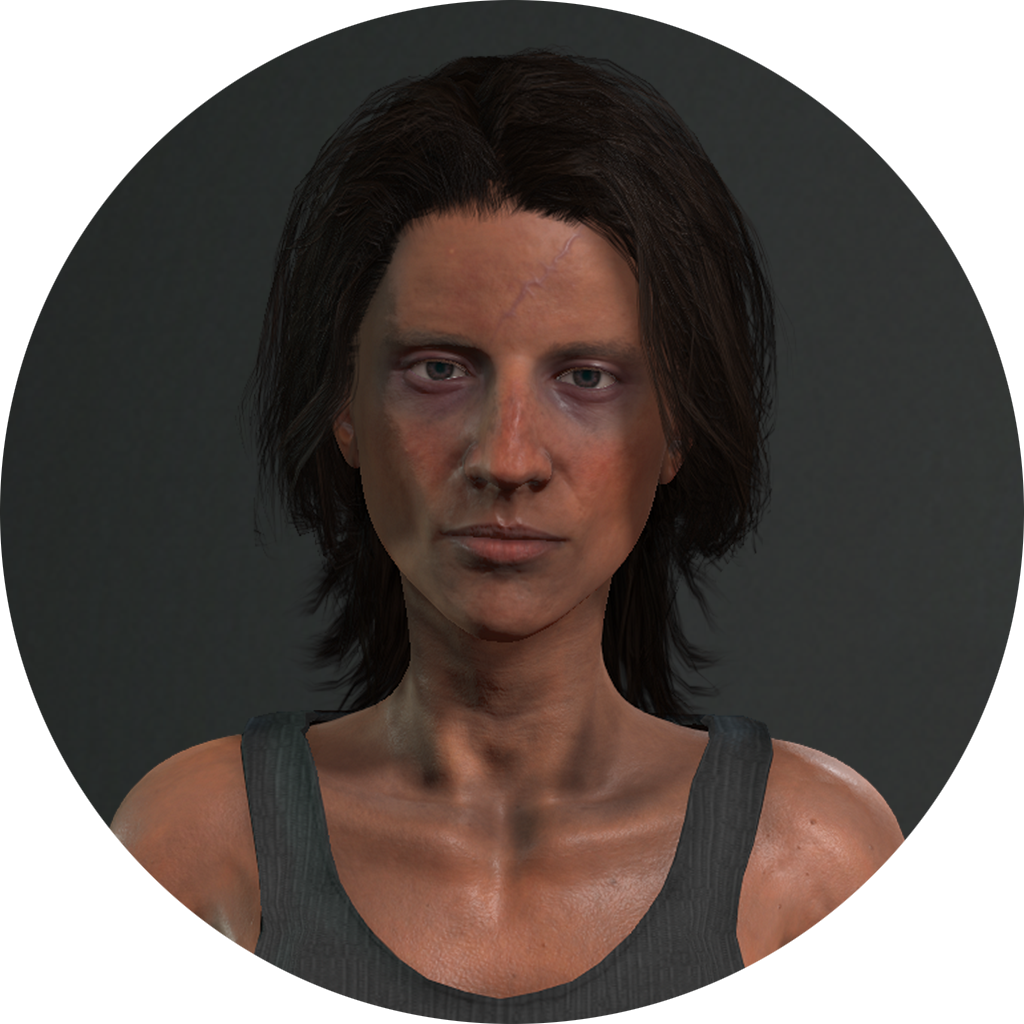








By incorporating a mix of physical, emotional, and social elements, these scenarios prepare healthcare learners to approach elderly care comprehensively, fostering critical thinking, empathy, and the ability to tailor interventions to individual patients, while considering their individual fears and values.
Elderly patients often face multiple physical challenges, such as chronic conditions, mobility issues, and sensory impairments. AI/Scenarios encourage learners to consider the medical, functional, and practical aspects of care.
Fear of aging, loss of autonomy, and feelings of isolation are common emotional challenges with the geriatric population. AI/Scenarios push learners to explore how to address these concerns while building trust and rapport.
Elderly patients may experience loneliness, financial difficulties, or lack of family support. AI/Scenarios highlight the importance of addressing social determinants of health.




Beyond the case details, scenarios include pre-simulation content like patient documentation and preparatory materials to set the stage for effective engagement. During the simulation, participants benefit from embedded hints, tips, and interactive elements to guide decision-making.
Post-simulation, learners have access to valuable tools such as quizzes, checklists, and self-debriefing prompts, enabling them to reflect on their performance, identify areas for improvement, and solidify their knowledge. This holistic approach ensures that scenarios provide a robust, end-to-end educational experience.
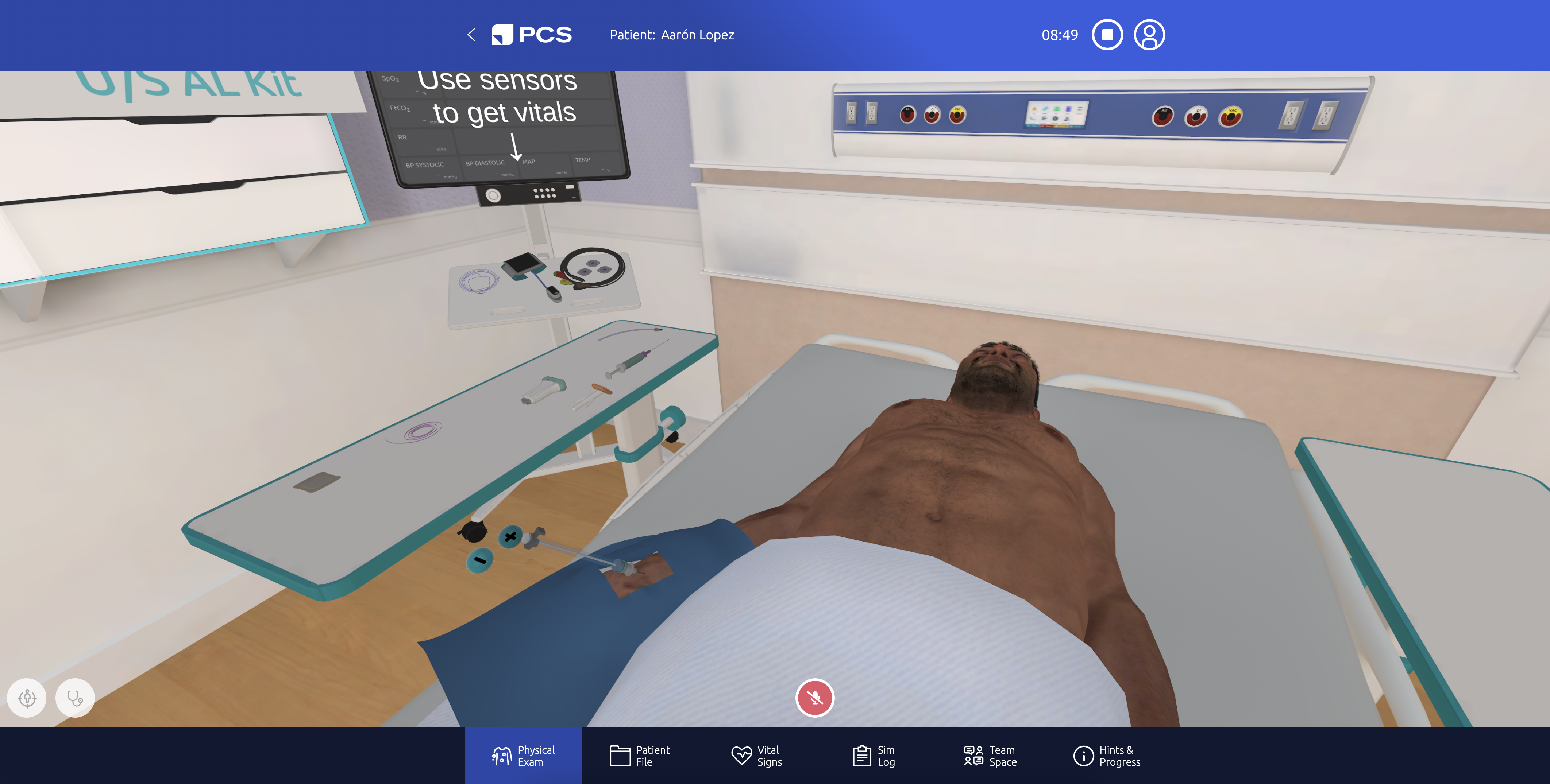
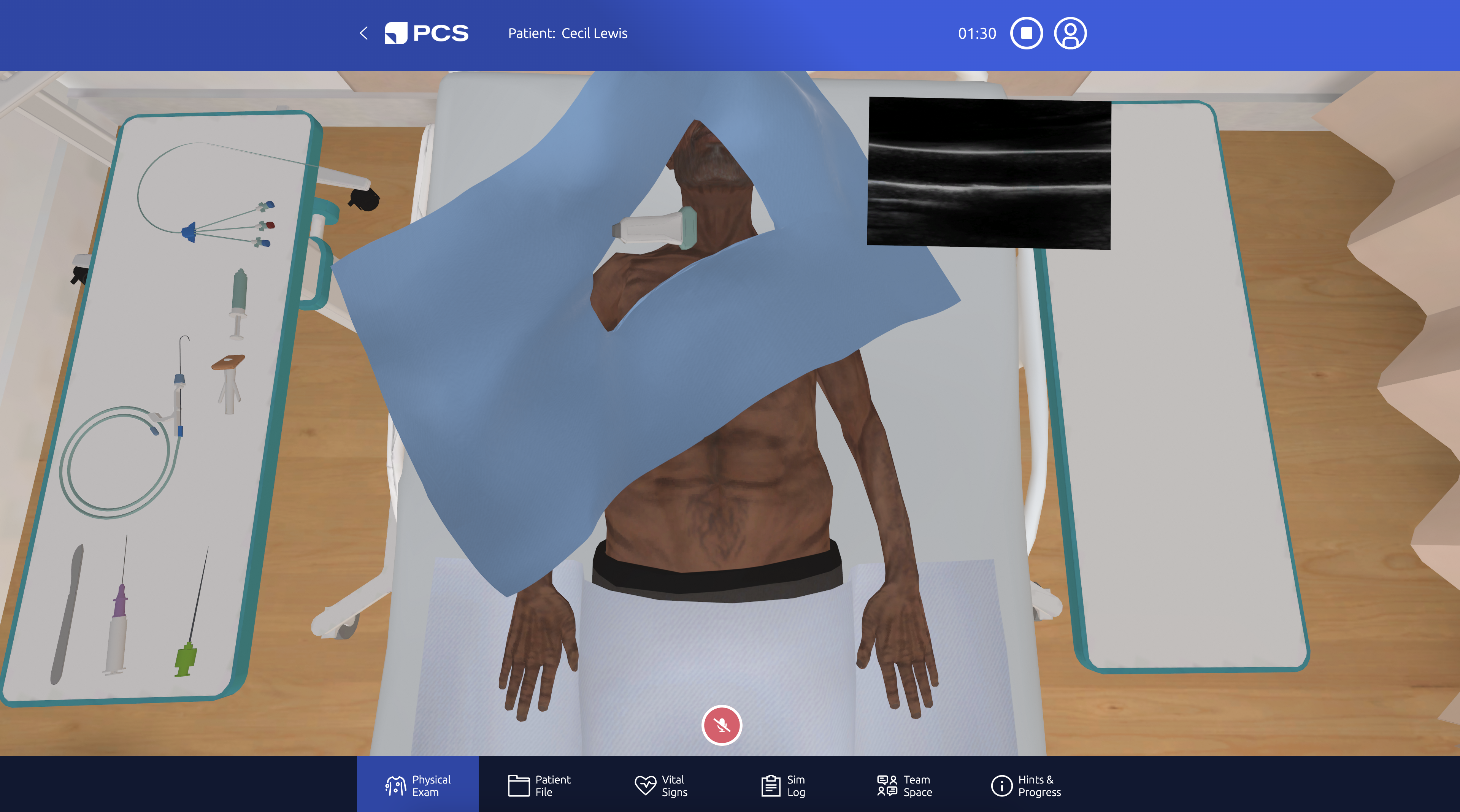

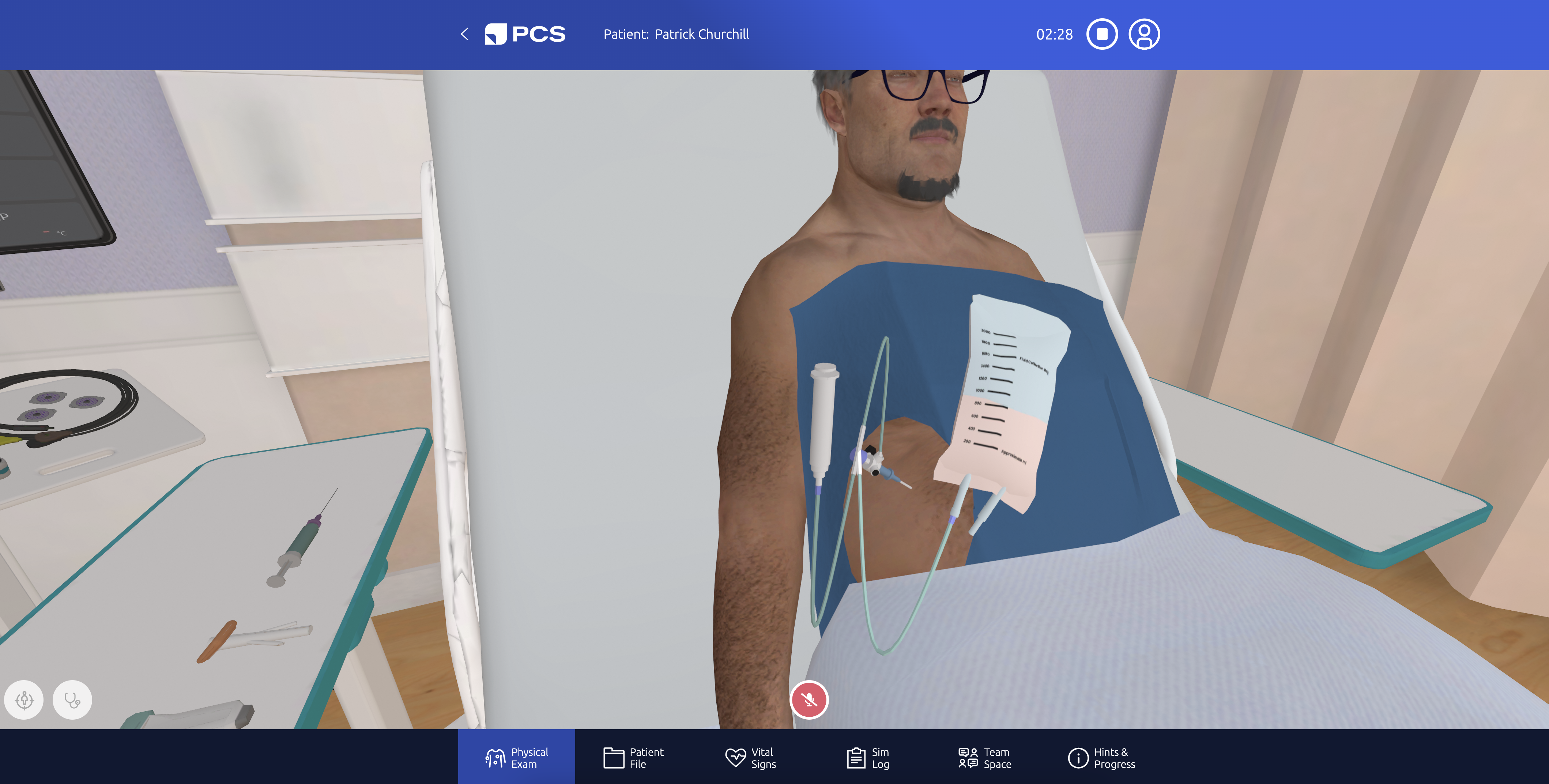
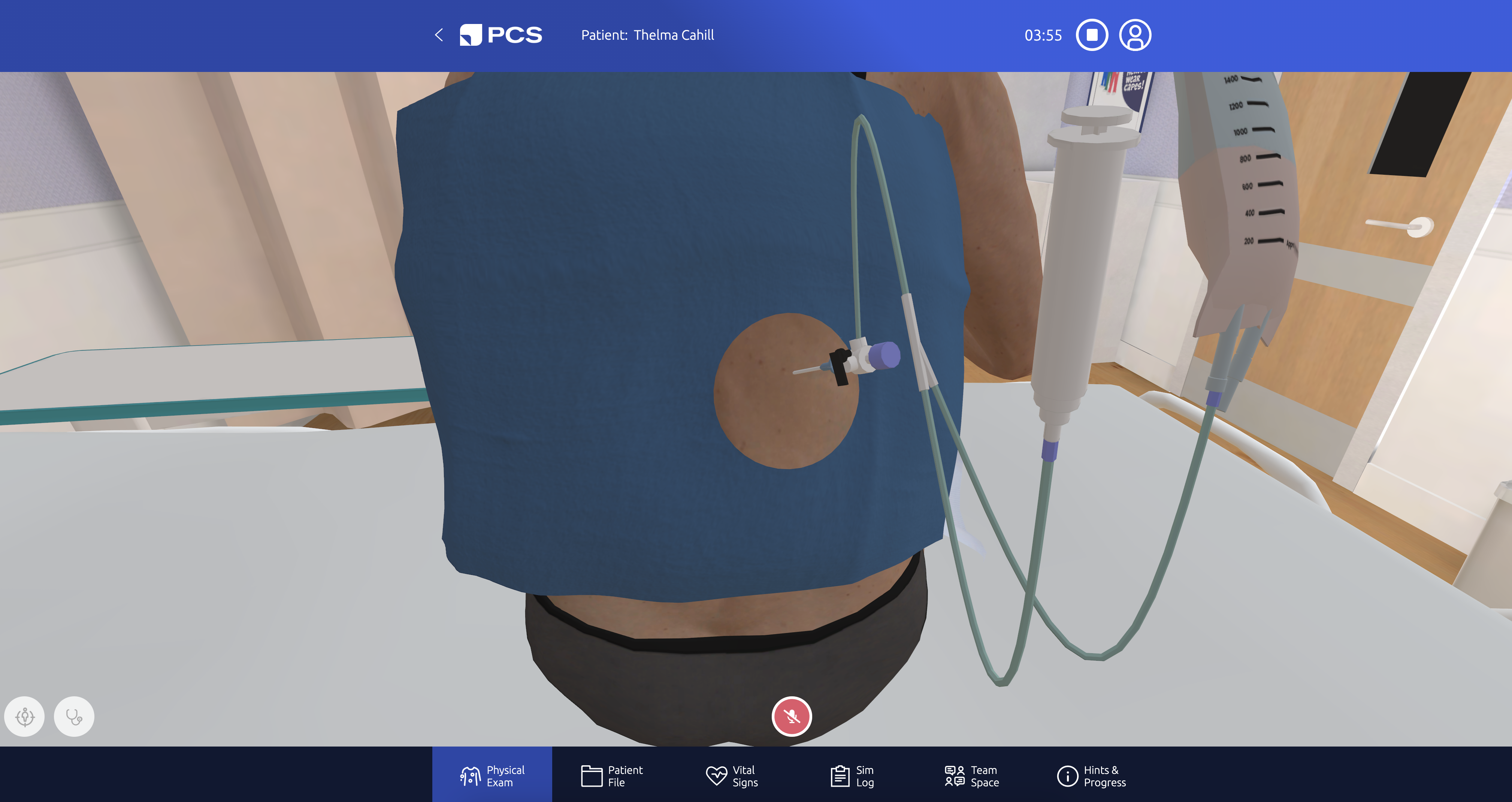
.jpeg)
Creating and customizing scenarios is simple and intuitive. Just provide brief textual descriptions of the patient, and AI/Scenarios will handle the rest. Programming states, vitals, sounds, and supporting materials follows a user-centered design approach, with a focus on minimizing clicks for seamless interaction. Best of all, users can create as many scenarios as they want—the only limit is their imagination!
If creating or migrating scenarios feels overwhelming, our team of experts is here to help. We’ve partnered with numerous users to seamlessly transition their content into AI/Scenarios, tailoring each one to their unique needs. Our customization process ensures that scenarios remain aligned with specific goals, challenges, and learning objectives, while leveraging all available platform tools to enhance their effectiveness.
Quantitative & Quantitative Evaluation
All scenarios utilize AI/Assessment, a dual evaluation approach, combining detailed, action-based assessment with holistic feedback automatically delivered to the learner after the encounter.
The quantitative component assesses specific actions, such as eliciting the patient’s chief complaint, recording vitals, and administering treatment.
The qualitative component reviews the entire transcript, focusing on communication skills like empathy, understanding the patient’s perspective, and summarization.
